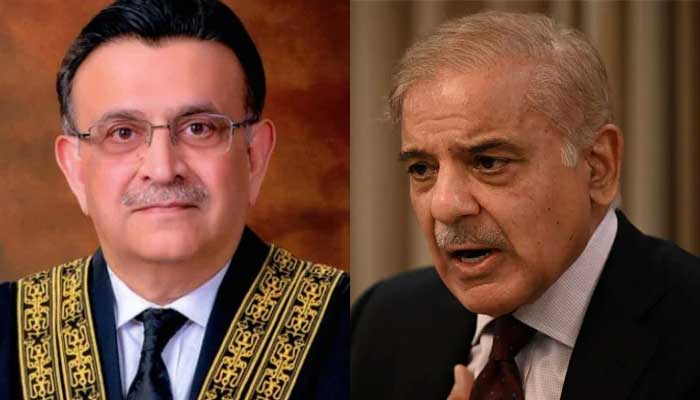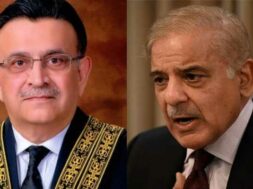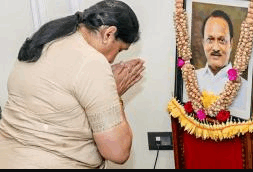
Roving Periscope: Amid confrontation with judiciary, Pakistan curtails SC Chief Justice’s powers
Virendra Pandit
New Delhi: Amid ongoing confrontation between the judiciary, parliament, and executive, the Shahbaz Sharif government on Friday curtailed the Chief Justice of Pakistan’s powers as it suspected the judges were favoring former Prime Minister Imran Ahmed Khan Niazi and his party and creating political instability.
Currently, leading jurist Umar Ata Bandial, 65, is the 28th Chief Justice of Pakistan’s Supreme Court. His appointment was approved by President Arif Alvi in January last year and he assumed his office on February 2, 2022.
The controversial Supreme Court (Practice and Procedure) Bill, 2023, took legal effect on Friday after the Shehbaz Sharif government published it in the official gazette, the media reported.
The National Assembly issued a gazette notification for its publication. “After completing all stages of approval, the National Assembly Secretariat has officially issued the notification. The Supreme Court Practice and Procedure Bill is now enforced as law,” it said in a statement.
The Supreme Court had already halted the controversial law’s implementation, but the National Assembly Secretariat formally asked the Printing Corporation of Pakistan (PCP) to publish it in the official gazette.
Until now, the top judge had the power to initiate suo motu action, and could take on his own initiatives in cases of public interest or when there was a violation of fundamental rights. But the new government passed the controversial Bill and made it law after Prime Minister Shehbaz Sharif and his cabinet members claimed it was sparking political instability.
After President Arif Alvi, for a second time, refused to give his assent to the Bill passed by lawmakers in a joint sitting of the parliament on April 10, the new law has now become an act under Article 75(2) of the Constitution.
The contentious law restricts senior-most judges of the top court to intervene in parliamentary affairs and they cannot take a suo motu action. It also specifies that a committee consisting of the CJP and the two senior-most judges will form a bench to hear and settle every case, matter, or appeal brought before the top court.
The Bill was passed by both the National Assembly and the Senate last month amid a standoff between the government and the judiciary over elections in Punjab and Khyber Pakhtunkhwa, after which it was sent to the President for assent.














